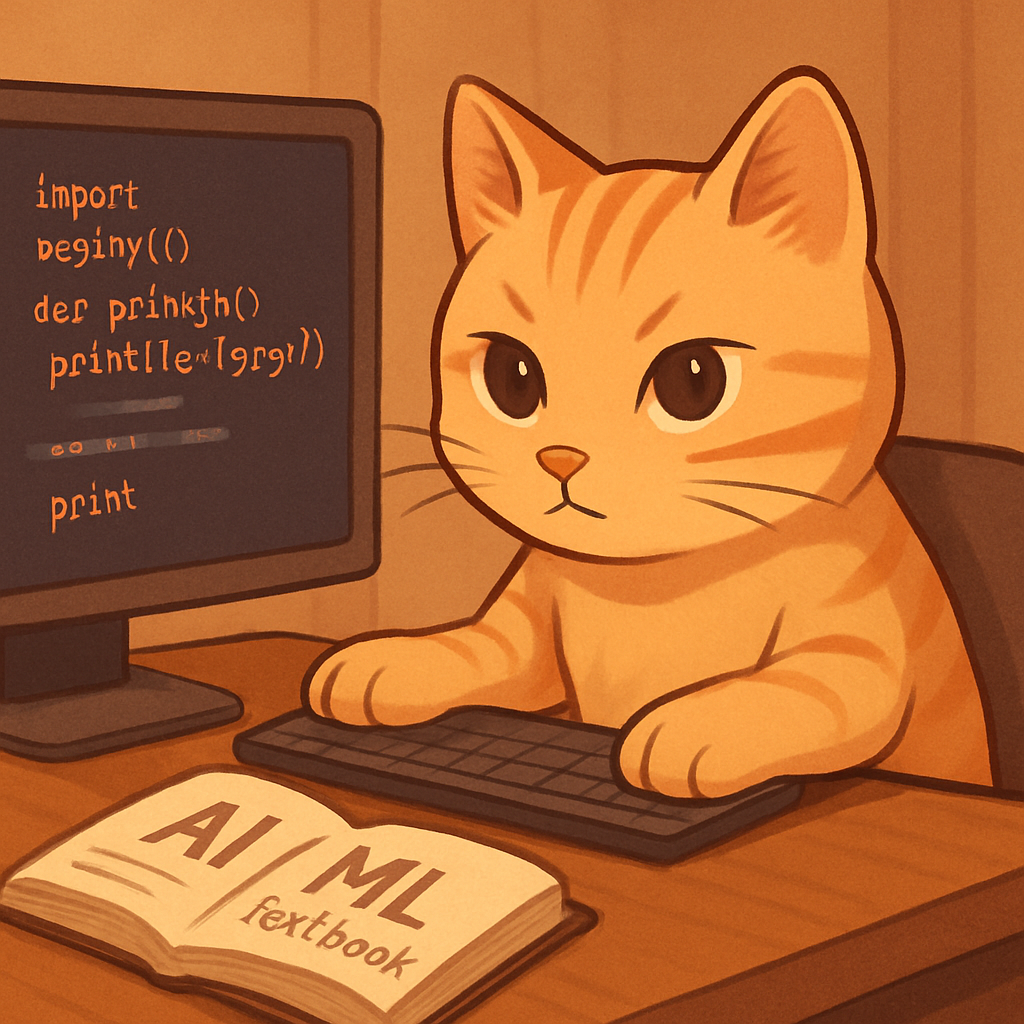Practicing Python For Loops and Accumulation
Why I studied this
I’m learning how to use for loops in Python.
They are useful when I need to repeat something, count numbers, or process input data.
What I did
Printing numbers using for loop
for i in [1,2,3,4,5,6,7,8,9,10]:
print(i)
for i in range(1,11):
print(i)
for i in range(2, 100, 2):
print(i, end=" ")
print()
I learned how range(start, end, step) works and how to print numbers in a loop.
Making a grid of numbers from 1 to 100
for i in range(1, 101):
print(i, end=" ")
if i % 10 == 0:
print()
This prints 1 to 100 in a 10 by 10 layout.
Converting characters to Unicode
print(ord("A")) # 65
print(ord("a")) # 97
print(ord("0")) # 48
The ord() function returns the Unicode number of a character.
Summing numbers from 1 to user input
sum = 0
limit = int(input())
for i in range(1, limit + 1):
sum = sum + i
print(f"i={i} sum={sum}")
This code asks for a number and adds all numbers from 1 to that number.
Adding 5 numbers from user input
sum = 0
for i in range(1, 6):
n = input("Enter a number: ")
sum = sum + int(n)
print(sum)
I used for to repeat input 5 times and added the numbers.
Separating even and odd sums from 10 inputs
even_sum = 0
odd_sum = 0
for i in range(10):
n = int(input("Enter a number: "))
if n % 2 == 0:
even_sum += n
else:
odd_sum += n
print("Even sum =", even_sum)
print("Odd sum =", odd_sum)
I used if to check even or odd and calculated each sum separately.
What I learned
I learned how to use for loops with ranges and lists.
I also practiced using input() inside a loop and how to keep a running total (accumulation).
Now I feel more confident working with repeated actions and basic logic.
What I want to do next
I want to try nested loops and maybe work on small problems like multiplication tables or mini games using loops.
